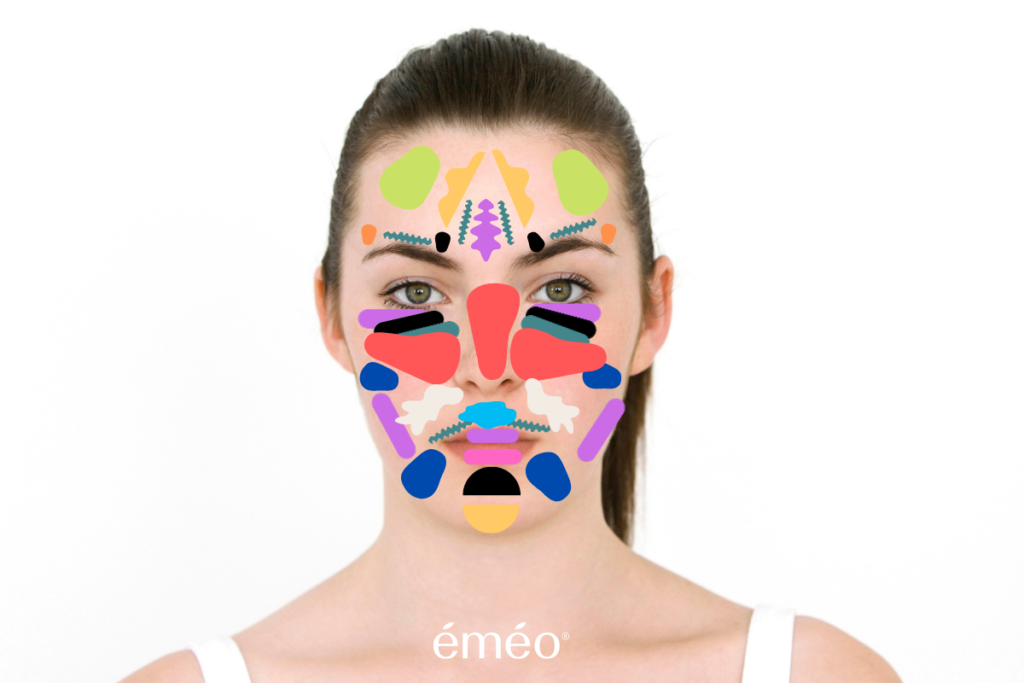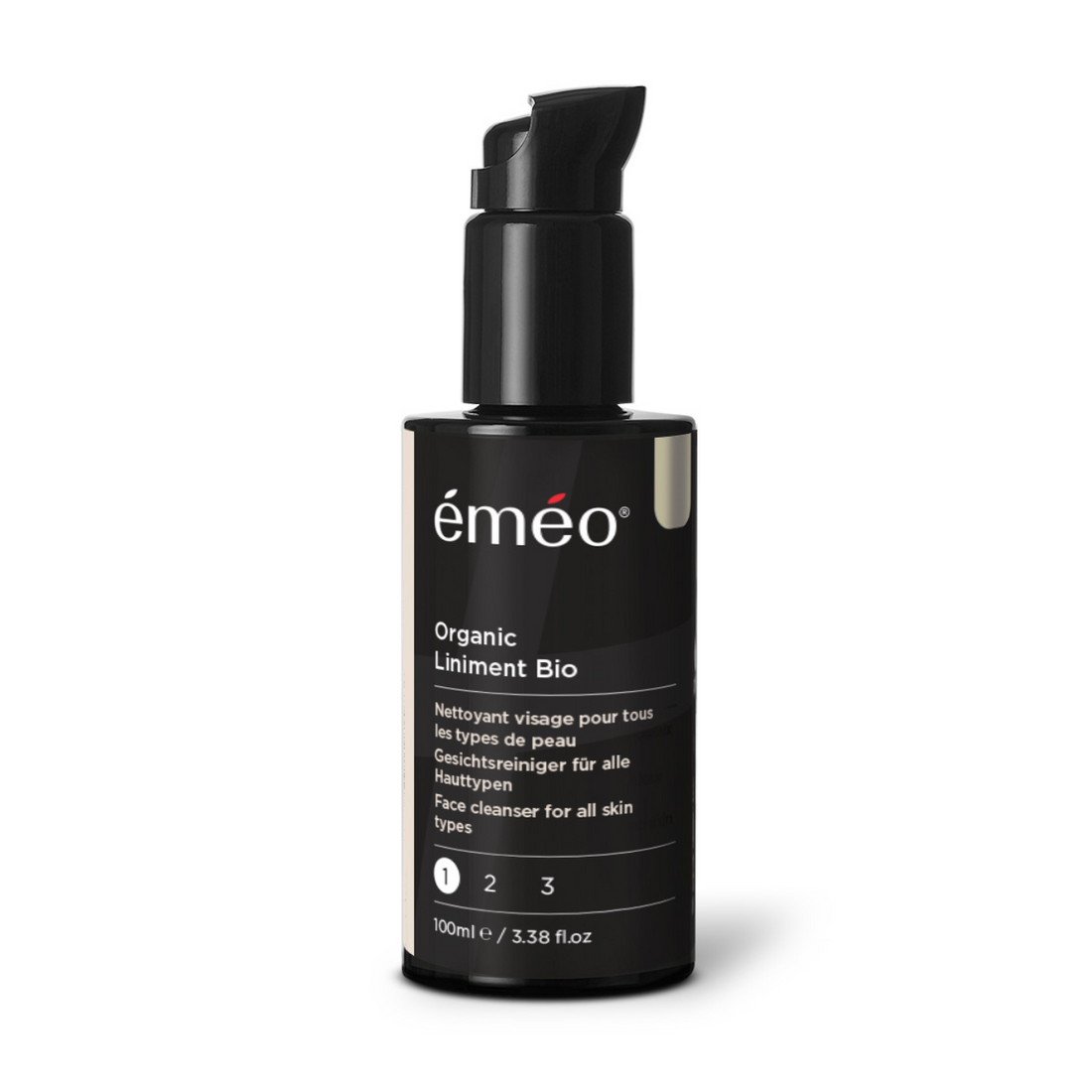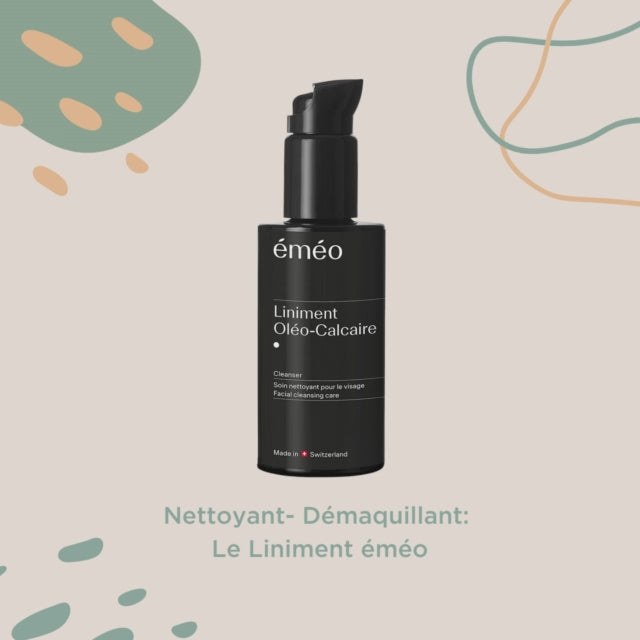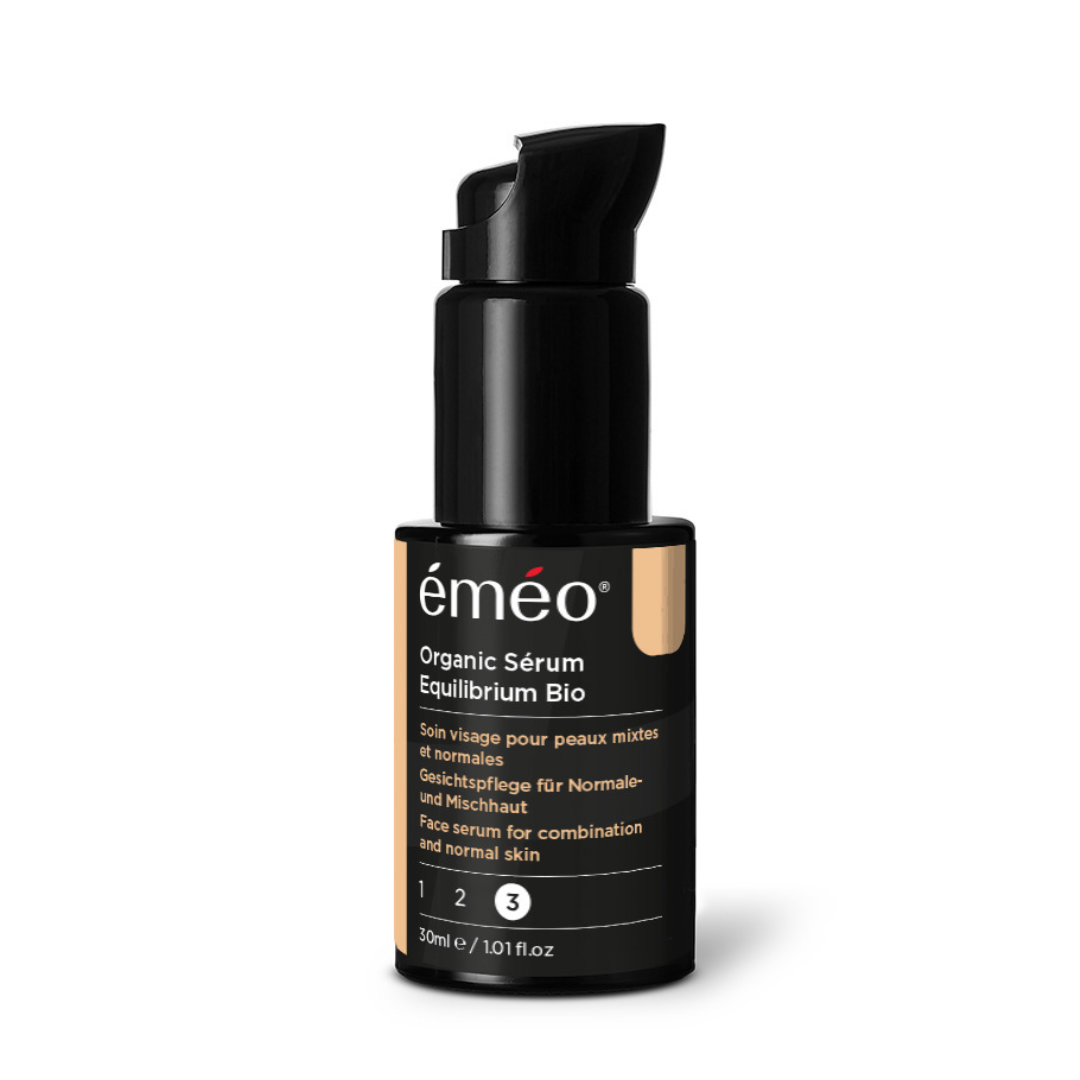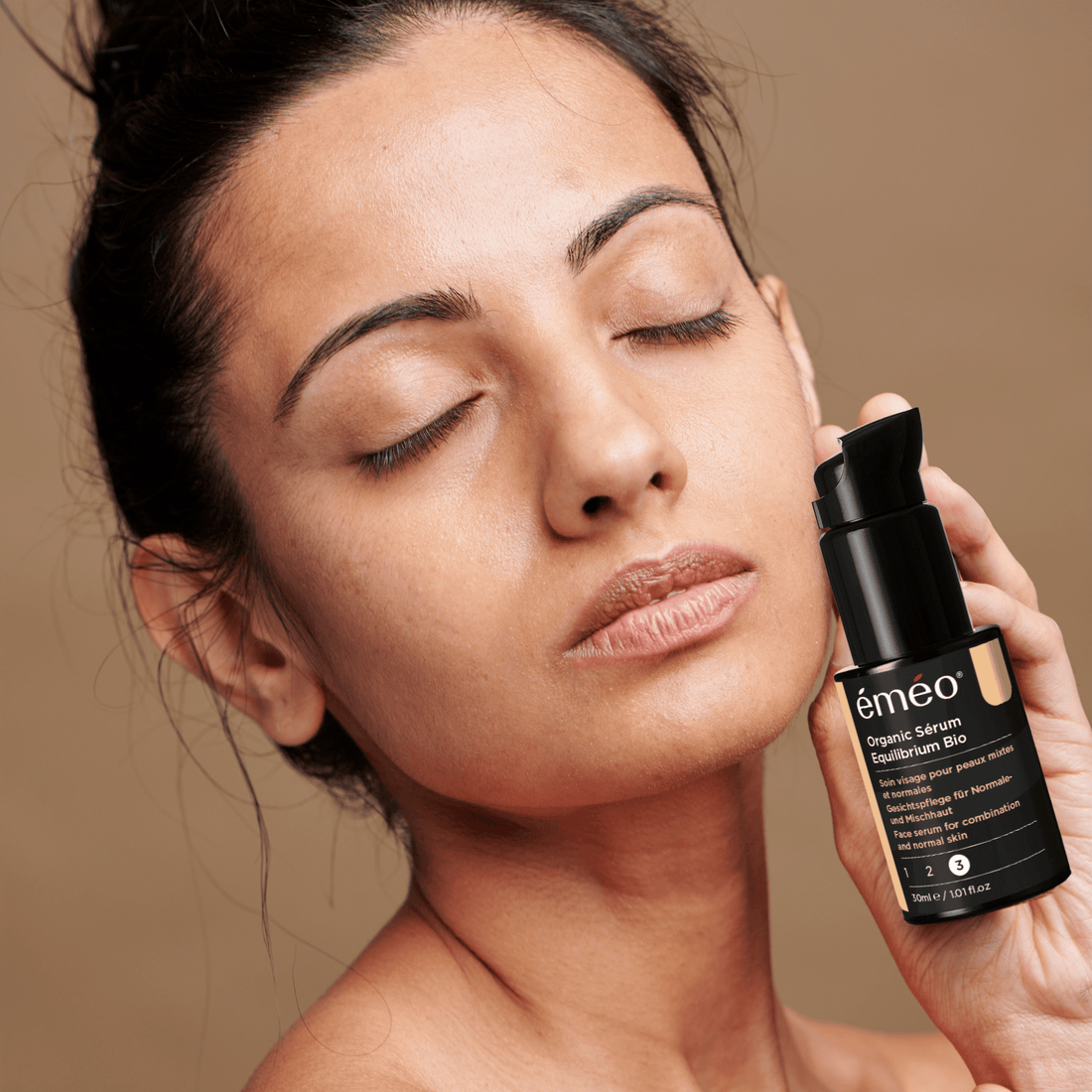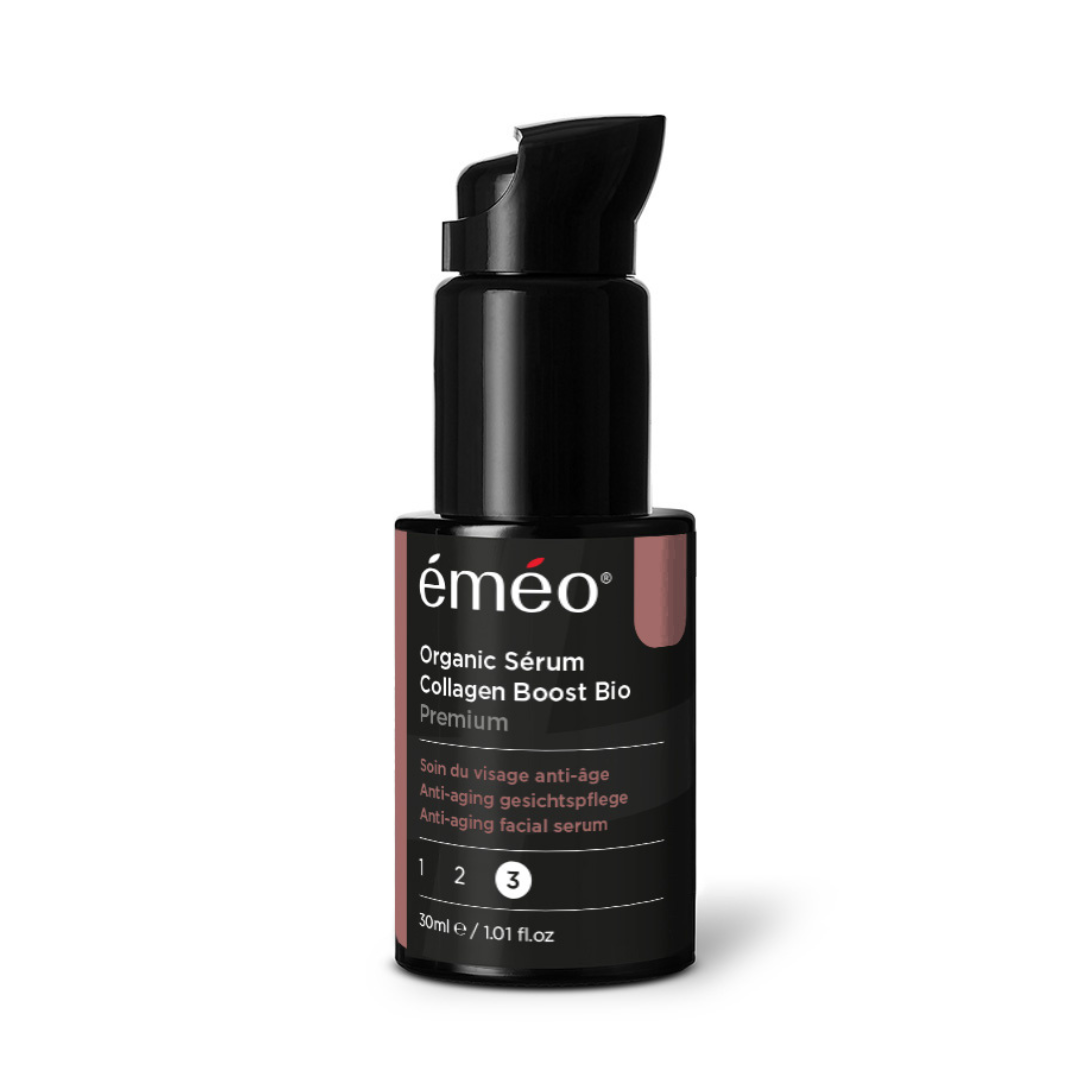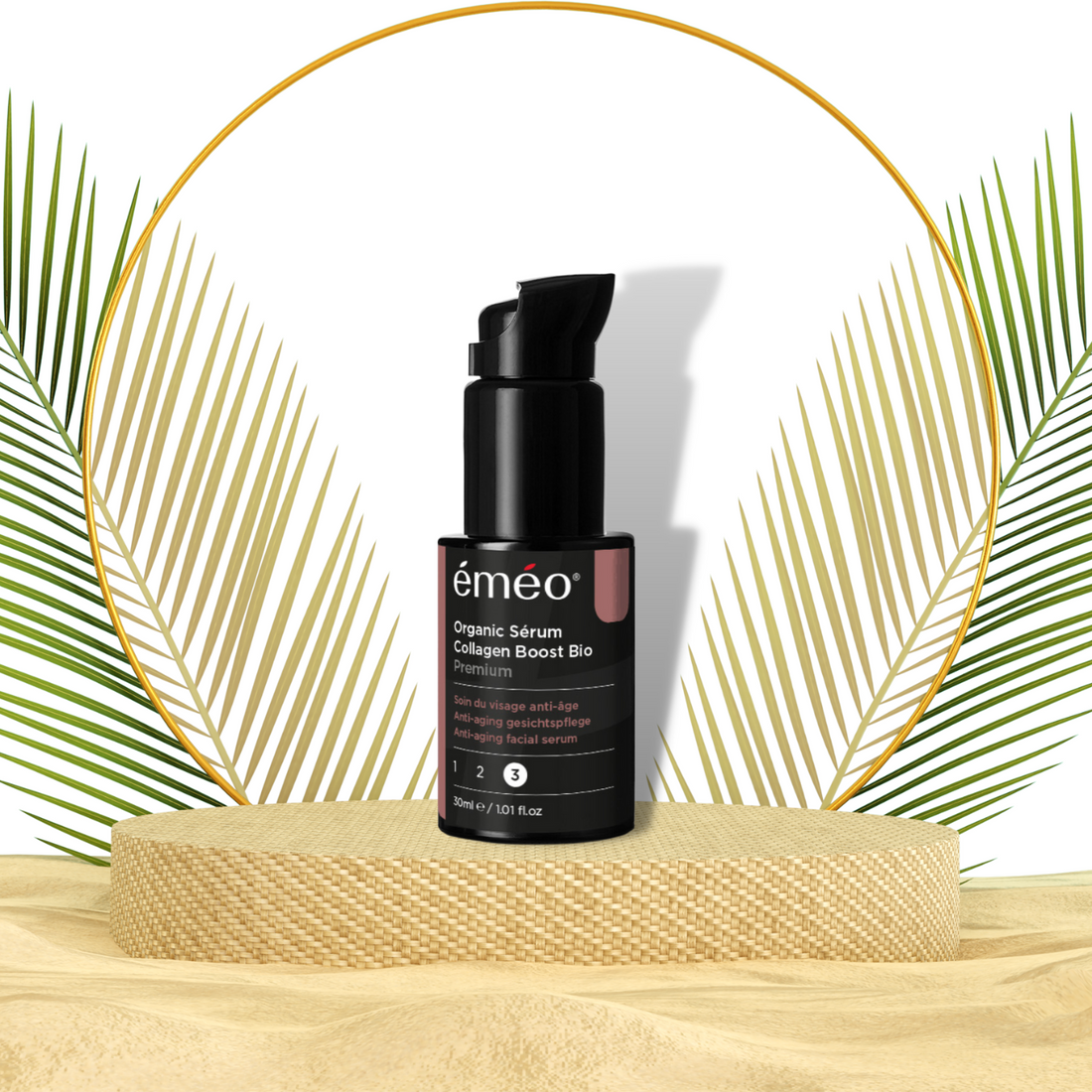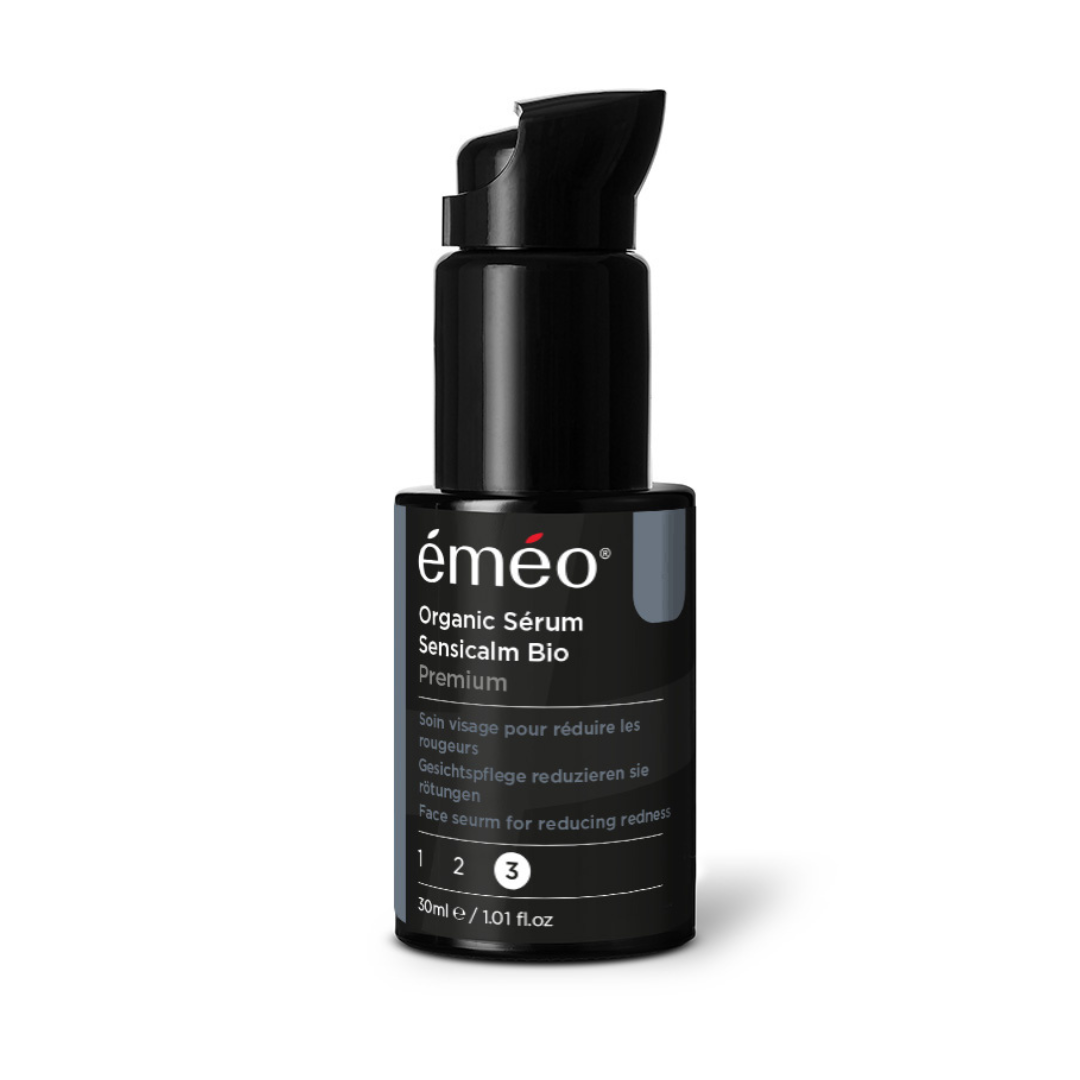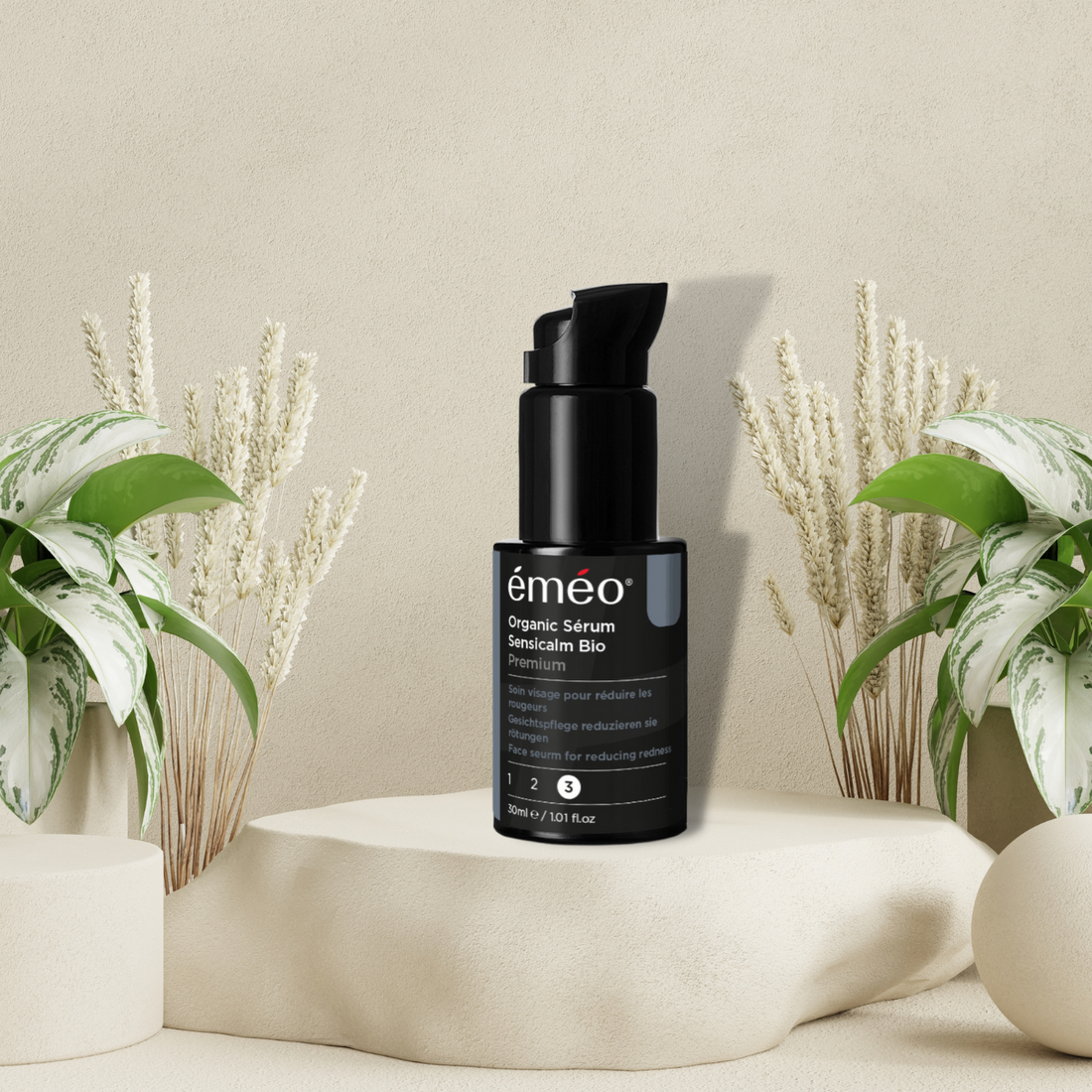Why do I have spots in certain areas of my face and not elsewhere? Why spots on the chin? Chinese medicine may have solutions that, along with a good skincare routine, can help you achieve beautiful skin!
According to Chinese medicine, the location of your spots is not random. Certain areas of the face are believed to be connected to specific organs of the body and certain emotions. The skin reflects what is happening inside our bodies. Treating the skin should be approached from multiple angles.
So, what does the location of your spots correspond to?
Every person generally has a "combination" of several areas... However, it should be noted that in Chinese medicine, the mentioned organs do not correspond literally to physical organs.
So, when they talk about the "kidneys" in Chinese medicine, it refers, among other things, to the reproductive system. In Chinese medicine, when they want to boost certain organs during acupuncture sessions, there are specific meridians and points that correspond to those organs. For example, the needle to boost the kidneys would not be inserted directly into the kidneys. It might be a point on the wrist or a finger.
This may seem very strange, but Chinese medicine is based on 5,000 years of wisdom, so believe me, it is often trustworthy! I have used acupuncture and various Chinese therapies many times.
In relation to this representation of the face in Chinese medicine, Western medicine also draws inspiration from it with a concept called "Face Mapping." Instead of talking about kidney problems, they refer to hormonal disruptions.
Spots in the lower cheeks? (colon/lung area)
From a physical perspective, this could indicate:
- Immunity problems: It relates to individuals with a weak immune system who are prone to catching colds frequently or experiencing repeated colds.
- Respiratory problems such as asthma or shortness of breath.
- Skin issues like acne, eczema, or psoriasis related to elimination through the skin.
- Voice problems.
- Sweat-related issues: Either insufficient sweating or excessive sweating during exercise.
- Edema.
- Problems with the hair: excessive hair growth or hair weakness.
From an emotional perspective:
The emotions associated with this area are sadness, grief, and the feeling of separation from a loved one. It is also connected to nostalgia, regret, envy, and desire. Finally, it represents the zone of detachment. What you can do for your skin:
Spots on the cheeks correspond to the respiratory system. If you are a smoker, avoid tobacco and let your skin breathe without makeup.
Spots at the corners of the mouth, around the eyebrows, and under the eyes? (liver area)
From a physical perspective:
It may indicate an excess of toxins due to diet or the environment. The liver is the primary organ for detoxification. It may indicate problems with migraines and headaches. It may indicate issues with the menstrual system. In Chinese medicine, the liver area is connected to pain during menstruation, irregular periods, and premenstrual syndrome.
From an emotional perspective:
The liver area is associated with anger and frustration. It can be deep-seated anger, repressed anger, or long-standing unresolved conflicts. The liver is related to irritability, impatience, and a quick temper. It is associated with bitterness, grudges, resentment, and lingering negative emotions. It is also connected to mood swings, being moody, or frequently feeling gloomy and sullen. The liver area is linked to stress and strong emotions because the liver is responsible for detoxifying "emotional toxins," as some practitioners call them. Acne is often considered as an imbalance of the liver. What you can do for your skin:
Avoid alcohol and dairy products, and drink diluted freshly squeezed lemon juice in warm water on an empty stomach in the morning to detoxify the liver.
Spots on the upper cheeks and nose? (heart area)
From a physical perspective:
This may indicate:
Excessive sweating in response to emotions. Issues related to the eyes, but more from an emotional angle: expressionless eyes, eye twitches, difficulty making eye contact.
Speech-related problems: stuttering, stammering, fear of public speaking, hesitation in expressing oneself, or excessive or inadequate talking.
Excessive heat, palpitations, rapid heartbeat, chest pain, and a feeling of an impending heart attack.
The complexion reflects the heart's health. When the heart is strong and healthy, the face displays a beautiful complexion. Conversely, heart weakness results in a pale complexion, redness when affected by heat, or purple when there is blood stagnation.
Conditions like couperose, rosacea, or facial redness may be present.
From an emotional perspective:
- The heart represents a blockage of joy. The associated emotions include self-acceptance issues, self-love, feeling constricted, and not reaching one's full potential.
- Old habits of intense emotions such as anxiety, anger, grief, and self-hatred can lead to an imbalance in the heart. In Chinese medicine, the heart is the seat of emotions.
- The heart is often linked to inappropriate emotional responses, such as smiling upon hearing news of someone's death...
- Any shock can cause problems in the heart area.
- People who are easily startled, for example, those who jump even when you say "boo" to surprise them...
- People who walk by jumping, giving the impression that they don't touch the ground, often have a heart imbalance.
- A tendency to have imbalanced enthusiasm: "heart" people may either lack enthusiasm, feeling depressed, or be overly enthusiastic, giving the impression of being under the influence of medication.
What you can do for your skin:
Skin issues on the nose indicate poor blood circulation and breathing in a polluted or smoking environment. A red nose may occur when following a diet rich in red meat, processed meats, and alcohol...
Pay attention to your diet (spices, coffee) if you have couperose or rosacea. Opt for a suitable skincare routine.
Do you have spots on your lips, around the eyebrows, under the eyes, or along the jawline? (spleen/stomach area)
From a physical perspective:
- The spleen and stomach are the main digestive organs in Chinese medicine. Problems related to these areas can manifest as heaviness, bloating, appetite issues (excessive or insufficient), and constipation.
- It may be related to dampness or heavy foods, leading to spots in the spleen area.
- In Chinese medicine, the spleen is the organ that provides us with energy. If you have spleen problems, you may lack energy. It may be related to circulation problems, especially blood circulation.
- As the spleen is responsible for producing energy, and energy circulates throughout the body, spleen problems can result in insufficient circulation. This can be easily seen in the context of bruising, certain menstrual cycle issues, and anemia...
- People with spleen/stomach imbalances often tend to have dry skin, dry mouth, and problems around the mouth and lips, such as chapped lips or cold sores in these areas.
- It may indicate muscle problems, such as cramps. It may be related to varicose veins and hemorrhoids.
- Often, the person has a yellowish complexion.
From an emotional perspective:
The major emotion associated with the spleen is a tendency to worry excessively, overthinking, and excessive mental exhaustion. Spleen imbalances are often found in people who overwork and lack a good balance between their professional and personal lives.
What you can do for your skin:
If you have spots in these different areas, drink more water (at least 1.5 liters of water and/or tea per day) and avoid salt, which promotes water retention. Also, avoid caffeine, alcohol, and carbonated drinks, as they help restore a better balance.
Do you have spots along the hairline, on the forehead, and on the chin? (gallbladder and bladder area)
From a physical perspective:
From a physical symptom perspective, the gallbladder is associated with the liver. This may indicate problems such as:
- Issues with the menstrual system. This area is connected to pain during menstruation, irregular periods, and premenstrual syndrome.
- Constipation problems.
- Problems with a tendon or ligament, such as a sprained ankle or neck and shoulder pain...
- Dry, bloodshot eyes, seeing spots...
- An excess of toxins due to diet or the environment, which can lead to detoxification issues.
- Migraines and headaches.
From an emotional perspective:
There are also problems related to:
- Courage and shyness.
- Judgment, accessing inner wisdom, difficulty making decisions, or a tendency to make hasty decisions.
What you can do for your skin:
A diet high in fat, industrially processed foods (such as canned foods), or processed foods (ready-made meals) as well as excessive alcohol or sugar consumption can lead to dryness of the facial skin in this area. Spots on the chin.
In conclusion, according to Chinese medicine and Western medicine, spots on the chin are caused by hormonal imbalance and toxin accumulation. Women, in particular, are more vulnerable due to hormonal fluctuations during menstruation.
To find a skincare routine that suits your skin, try our skin diagnosis.(see link below)
In addition to a good daily skincare routine, maintaining a healthy lifestyle, and perhaps incorporating a bit of acupuncture, you can achieve beautiful skin. Don't forget about emotions! In Chinese medicine, joy nourishes the heart!
éméo skincare to help your skin from the outside:
A tailored routine for blemish-prone skin:
- Liniment
- Hydro-floral Toner
- Alpha-lift Serum (from around the age of 30 or during pregnancy) or Acnerium Serum
- Bee-Mine Mask once a week
- Aloe vera gel 2-3 times a week (between toner and serum)


